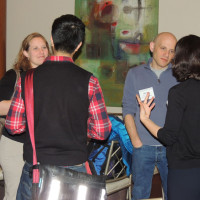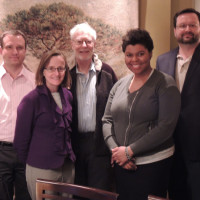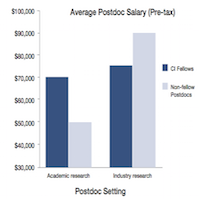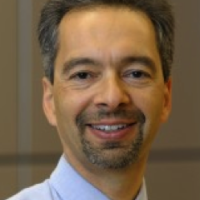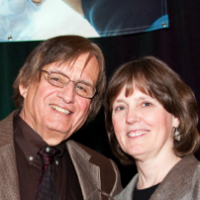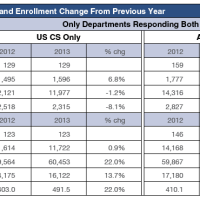
2013 Taulbee Report Sneak Preview
The 2013 Taulbee Report will be published in the May 2014 issue of CRN. However, as we did last year, we’re offering you a preview of the degree and enrollment numbers for bachelor’s and doctoral level programs in the departments responding to the survey. For the second year in a row, the total number of Ph.D.s awarded was the highest ever reported in Taulbee. The departments that responded this year reported 1,991 graduates in 2012-13, surpassing the 1,929 reported for 2011-12 by last year’s respondents.


